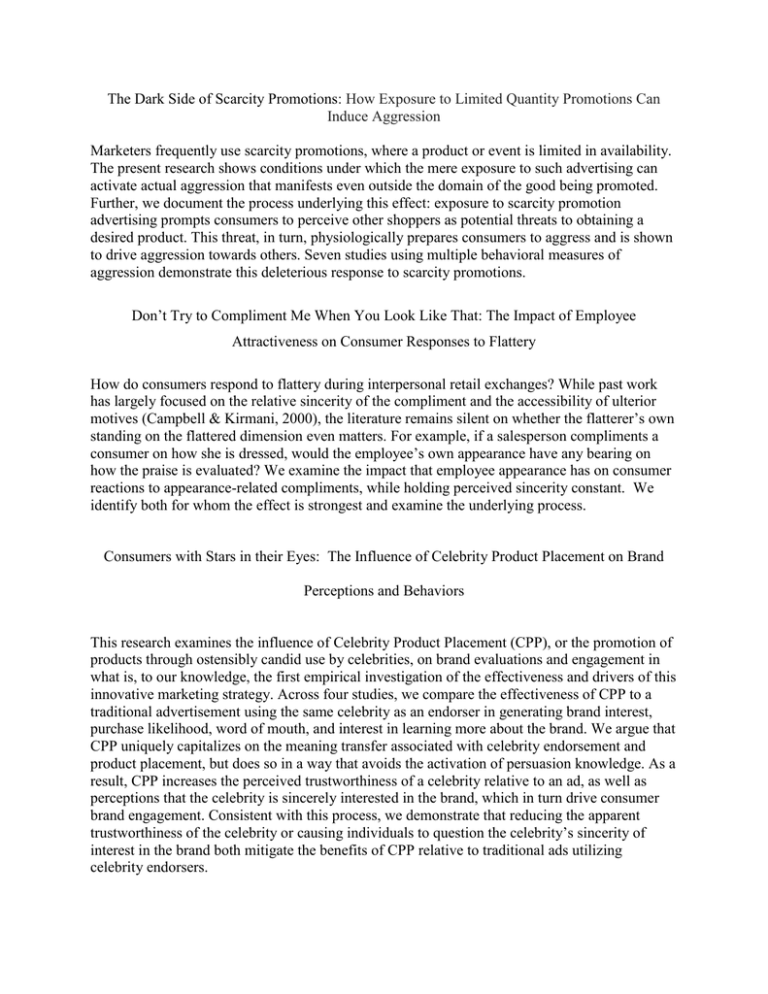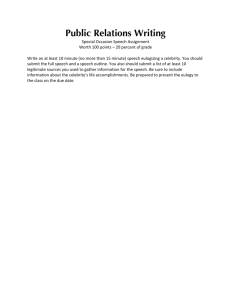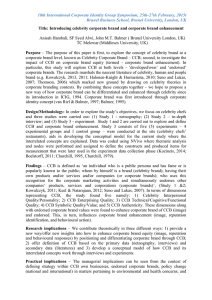Social Influence Marketing Tactics: How Other People Impact Different Promotional Strategies
advertisement

The Dark Side of Scarcity Promotions: How Exposure to Limited Quantity Promotions Can Induce Aggression Marketers frequently use scarcity promotions, where a product or event is limited in availability. The present research shows conditions under which the mere exposure to such advertising can activate actual aggression that manifests even outside the domain of the good being promoted. Further, we document the process underlying this effect: exposure to scarcity promotion advertising prompts consumers to perceive other shoppers as potential threats to obtaining a desired product. This threat, in turn, physiologically prepares consumers to aggress and is shown to drive aggression towards others. Seven studies using multiple behavioral measures of aggression demonstrate this deleterious response to scarcity promotions. Don’t Try to Compliment Me When You Look Like That: The Impact of Employee Attractiveness on Consumer Responses to Flattery How do consumers respond to flattery during interpersonal retail exchanges? While past work has largely focused on the relative sincerity of the compliment and the accessibility of ulterior motives (Campbell & Kirmani, 2000), the literature remains silent on whether the flatterer’s own standing on the flattered dimension even matters. For example, if a salesperson compliments a consumer on how she is dressed, would the employee’s own appearance have any bearing on how the praise is evaluated? We examine the impact that employee appearance has on consumer reactions to appearance-related compliments, while holding perceived sincerity constant. We identify both for whom the effect is strongest and examine the underlying process. Consumers with Stars in their Eyes: The Influence of Celebrity Product Placement on Brand Perceptions and Behaviors This research examines the influence of Celebrity Product Placement (CPP), or the promotion of products through ostensibly candid use by celebrities, on brand evaluations and engagement in what is, to our knowledge, the first empirical investigation of the effectiveness and drivers of this innovative marketing strategy. Across four studies, we compare the effectiveness of CPP to a traditional advertisement using the same celebrity as an endorser in generating brand interest, purchase likelihood, word of mouth, and interest in learning more about the brand. We argue that CPP uniquely capitalizes on the meaning transfer associated with celebrity endorsement and product placement, but does so in a way that avoids the activation of persuasion knowledge. As a result, CPP increases the perceived trustworthiness of a celebrity relative to an ad, as well as perceptions that the celebrity is sincerely interested in the brand, which in turn drive consumer brand engagement. Consistent with this process, we demonstrate that reducing the apparent trustworthiness of the celebrity or causing individuals to question the celebrity’s sincerity of interest in the brand both mitigate the benefits of CPP relative to traditional ads utilizing celebrity endorsers.



